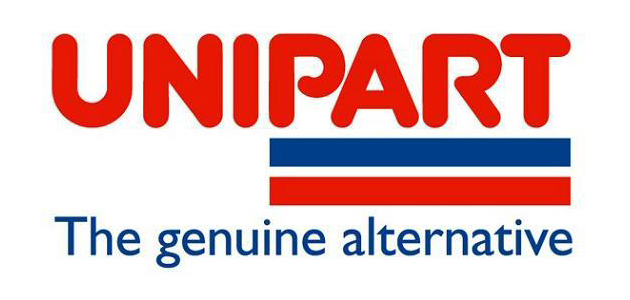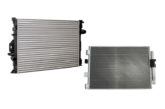
As the industry will be aware, Unipart Automotive has recently ceased trading. But what does this mean for your business and what steps do you need to take? The RMI-IGA has moved to provide advice to motor traders who might be affected by providing the following information (please note, the original bulletin and link to the RMI-IGA website can be found by clicking here):
Motor traders firstly need to be clear who has gone into liquidation. Initial reports are suggesting it is Unipart Automotive Limited. Press releases from the Unipart Group Limited, (a separate company), have confirmed that their operations remain unaffected.
Care should therefore be taken as to whether any agreements or debts are owed by Unipart Automotive Limited or a member of the Unipart Group Limited.
If Unipart are not trading do I have to pay them?
Yes. Unipart will continue in a non-trading state for some time in order to fully wind up the company. During this time they will be recovering any money owed to them for distribution to the creditors. You remain liable for any goods correctly ordered and supplied. Unipart will have to establish they have complied with their obligations and correctly delivered the goods. If they have not delivered them they are in breach and there is no requirement to pay.
Offsetting your debts where Unipart owe the motor trader money
Where there is a history of mutual credits and debits between Unipart and the motor trader, then this mutual obligation can be used by the motor trader to offset that money owed to Unipart against that money owed to the motor trader. This same argument can be used in relation to contingent debts, such as any liabilities for parts warranties.
For example, where the motor trader owes Unipart £1,000, and Unipart owes the motor trader £500, then the motor trader can withhold their £500 in order to reduce the amount they owe. We are yet to see how the Administrators will react to the situation. However, this right can’t be excluded under the contract. We would advise members to withhold payment initially and review their terms and conditions as a matter of priority.
Who is liable for any parts warranties?
This is a trickier question. Where the consumer benefits from a parts warranty given by Unipart, this is called a ‘collateral’ contract. This is where the contract for the parts and the work done is with the motor trader, but the warranty contract guaranteeing the parts is with Unipart.
A quick review of the Unipart Car Care Centre website suggests that this is capable of being a collateral contract as all references support the position that it is Unipart – not the motor traders – that are offering the warranties. In this situation motor traders can refuse to honour the parts warranty.
Care needs to be taken as this is only a preliminary observation. This will also be affected by the specific terms offered by each motor trader.
Unipart Car Care Centre ‘Lifetime Guarantee’ on Unipart Brake Pads
This is an example of the complicated nature of this issue. A review of the above guarantee suggests that it is the motor trader – not Unipart – who is offering to replace the brake pads free of charge during the customer’s ownership of the vehicle.
Customer statutory rights
Care should be taken at all times when dealing with warranty claims. No matter what the standing of the warranties, motor traders must remember that they have entered into a contract to supply and fit any parts. As such, even if there is a warranty, the parts will have to be of satisfactory quality and fit for their purpose to fulfil their contractual obligations. Should any parts fail, and the consumer can prove that the parts are in breach of this requirement, then the motor trader will be liable for any losses – whether or not a warranty is in place.
What to do next?
As with all legal arguments, the chances of success depend on the contracts between the parties, as well as the facts of individual cases. We are at the very beginning of the process. Any motor trader who is looking for more advice on this matter, or even assistance should contact us for a more detailed position.
All information provided by Paul Carroll, Solicitor, Motor Industry Legal Services.









